Media: ‘The days of nuclear energy are numbered’
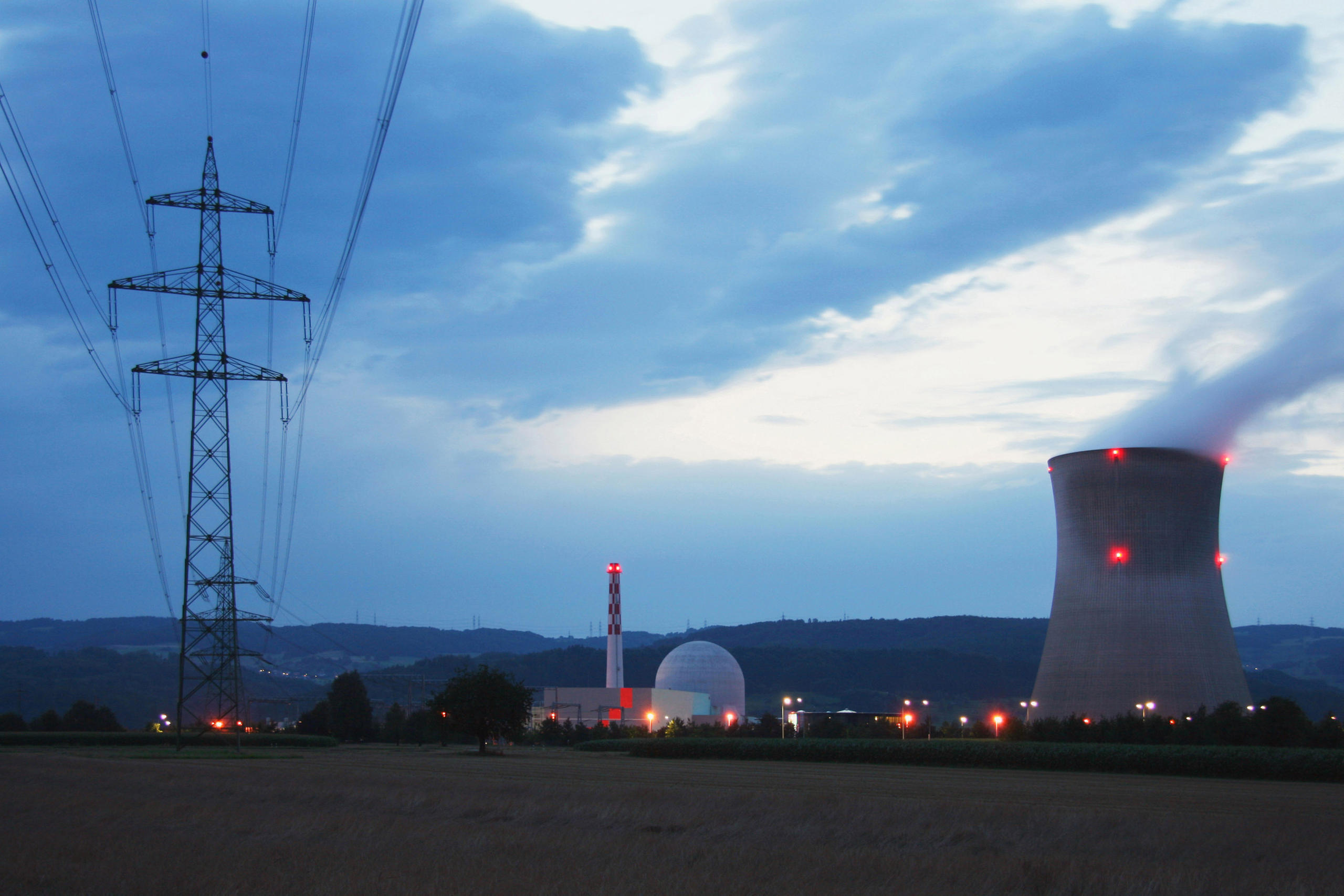
A half-hearted no, a clear no or a snub? Swiss newspapers can’t decide what to make of voters’ rejection of a plan to phase out nuclear energy. They agree, however, that the result was not so much pro-nuclear but rather against a rushed withdrawal.
“By voting no, the people prevented Switzerland having to rebuild its power supply unnecessarily – something it’s not prepared for,” wrote the Neue Zürcher Zeitung.
“Phasing out nuclear requires time – and politicians have been given this. Although voters have expressed confidence in the government’s energy policy, now is not the time for adventures and surprises.”
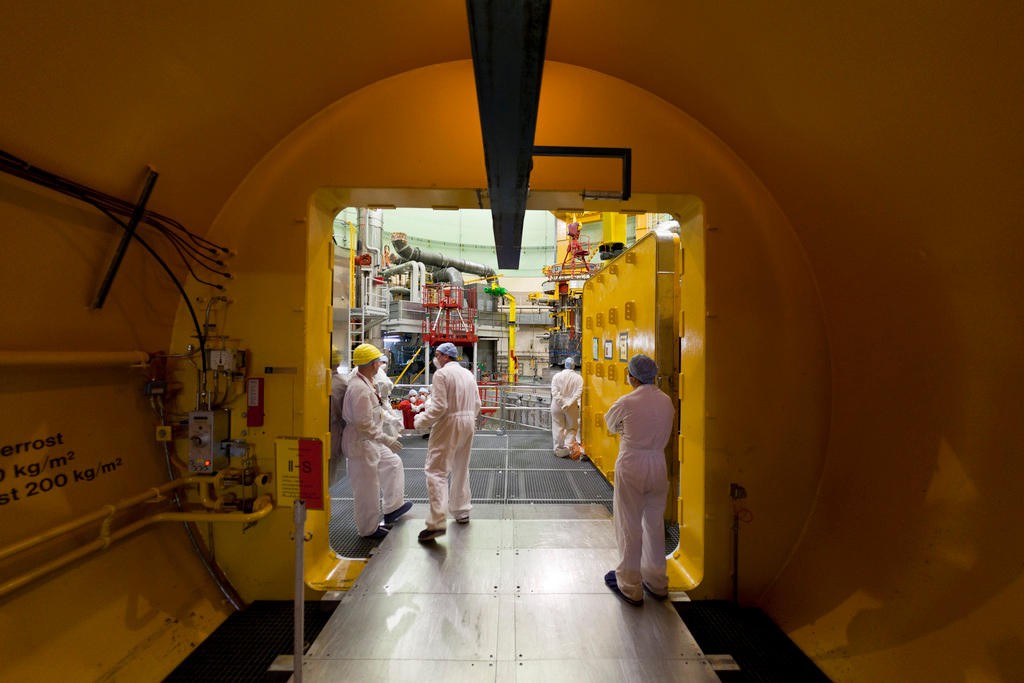
More
Swiss nuclear plants to remain on grid
On Sunday, 54.2% of voters rejected a Green Party initiative to close the country’s five nuclear power plants after 45 years in operation.
“The withdrawal – described by the Greens as ‘orderly’ but in fact rapid – was too fast for voters. The winners today are the pragmatic withdrawers. The result reflects a broad resistance to nuclear energy, which reminds the government of its duty when it comes to implementing the Energy Strategy 2050,” said Zurich’s Tages-Anzeiger.
Following the nuclear disaster in Fukushima, in 2011 the Swiss government decided to opt out of nuclear power production by 2034. It recommended decommissioning all nuclear reactors and promoting hydroelectric power, renewable energy and combined gas plants.
Last September, parliament approved “Energy Strategy 2050”, which foresees boosting renewable energy resources and outlawing the construction of nuclear power plants. However, it sets no deadline for the existing reactors to be shut down.
Yes, but not yet
Tabloid Blick reckoned the result meant the fate of nuclear power in Switzerland was sealed in the longer run and was the “ideal outcome” for Energy Minister Doris Leuthard, since the Energy Strategy 2050 envisages withdrawal at a “more leisurely speed”.
“Voters have given Leuthard more time for the nuclear phase out (…), to rebuild Switzerland’s energy supply without having to compromise and to prepare the country for a nuclear-free future,” it wrote.
Blick also pointed out that the result sent a message to the rightwing Swiss People’s Party not to place any more obstacles in the way of withdrawal. The People’s Party, unhappy with the Energy Strategy 2050, is challenging it to a referendum, criticising planned government subsidies for renewable energy resources.
“Paradoxically no one sees themselves as a loser following yesterday’s vote,” reckoned the Aargauer Zeitung. “Energy Strategy 2050 was presented during the campaign as a genuine alternative, a viable path to Switzerland being a sustainable country for energy.”
This, it said, took the wind out of the sails of the initiative’s supporters – the Greens and those on the political left. “Nevertheless, they remain confident and you can understand why – one assumes that a majority of Swiss want to phase out nuclear power, just not at the rate demanded by the initiative.”
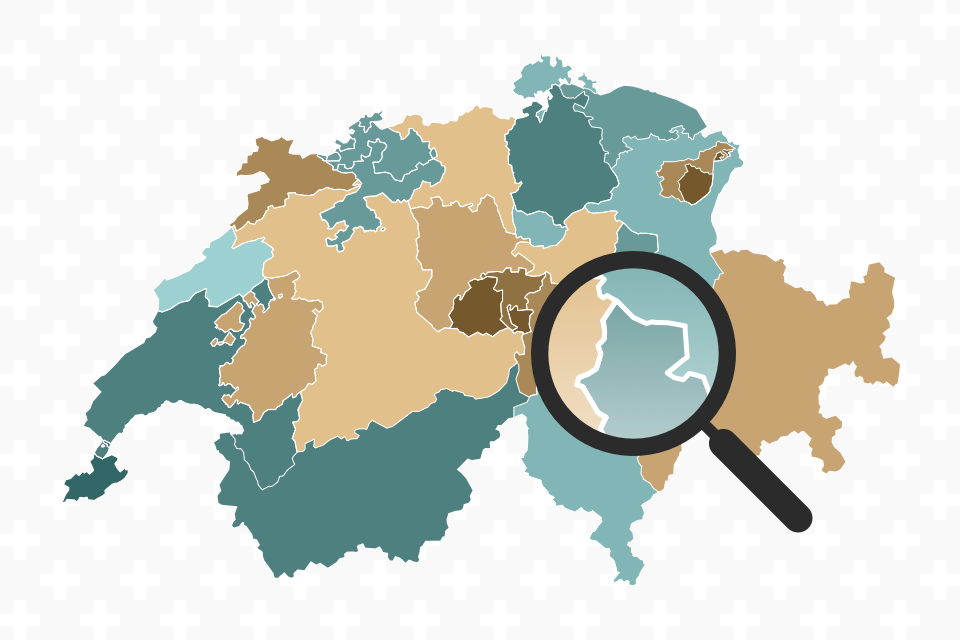
More
Vote results: Nuclear power initiative
‘Political irresponsibility’
If the nuclear fuel pool was half full in German-speaking Switzerland, it was half empty in the French-speaking part of the country, which backed the initiative.
“Most people don’t want the question of renewable energy to become a stark reality by the end of next year already,” acknowledged Le Matin in Lausanne.
“But the painful problem of the existing power plants remains – and delaying this sizeable problem for an unspecified length of time is particularly worrying. It demonstrates a sort of irresponsibility on the part of today’s politicians, who yield to short-term profits.”
“Are we now condemned to decades of nuclear tinkering and patching, praying that our old reactors hold up?” wondered La Tribune de Genève.
“The fear of power shortages was greater than the fear of nuclear energy,” said Le Quotidien Jurassien. “The plants will remain on the grid for as long as their safety can be guaranteed, but their end is now inevitable.”
Le Courrier in Geneva pointed out that Mühleberg was going to shut in 2019 and Beznau I and Leibstadt were currently inactive.
“The days of nuclear energy are in fact numbered,” it wrote.


In compliance with the JTI standards
More: SWI swissinfo.ch certified by the Journalism Trust Initiative





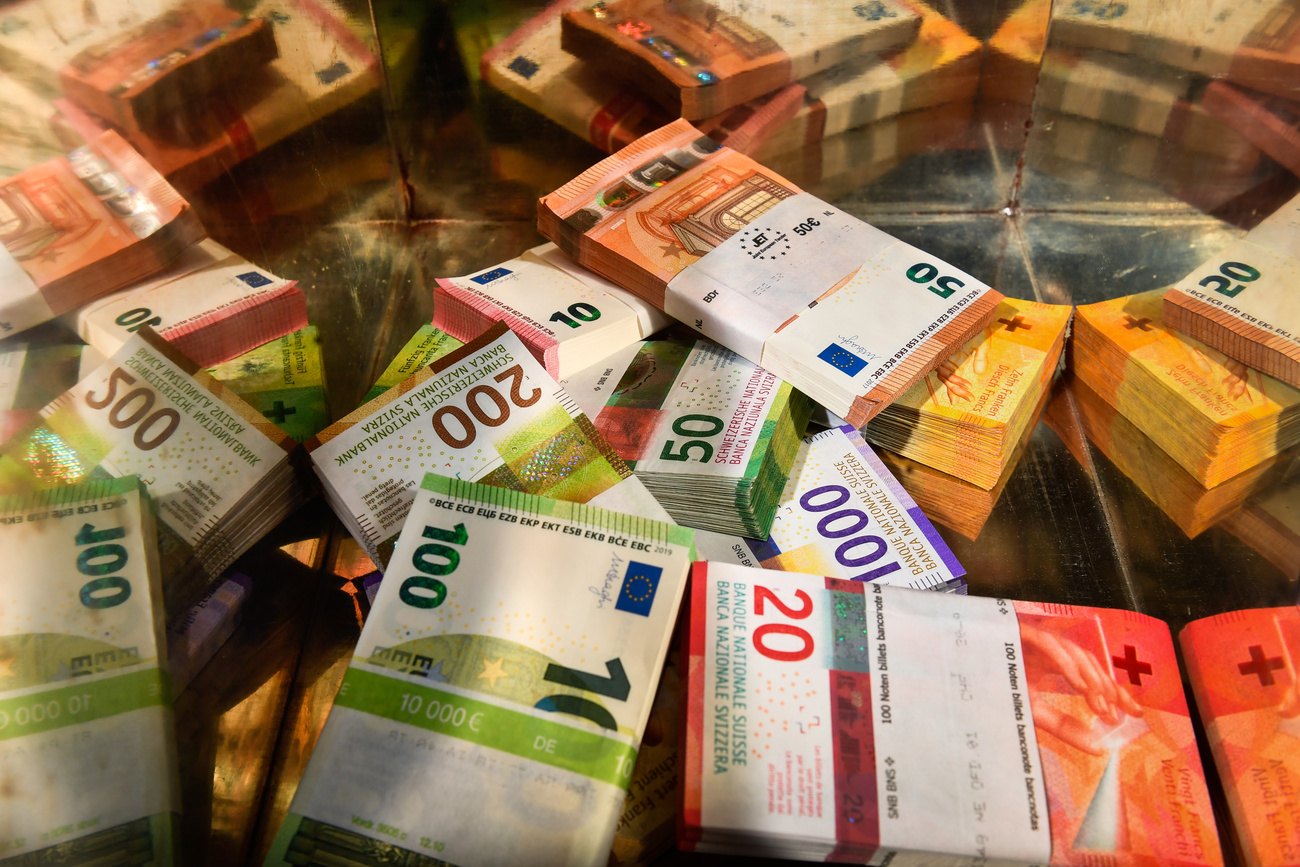



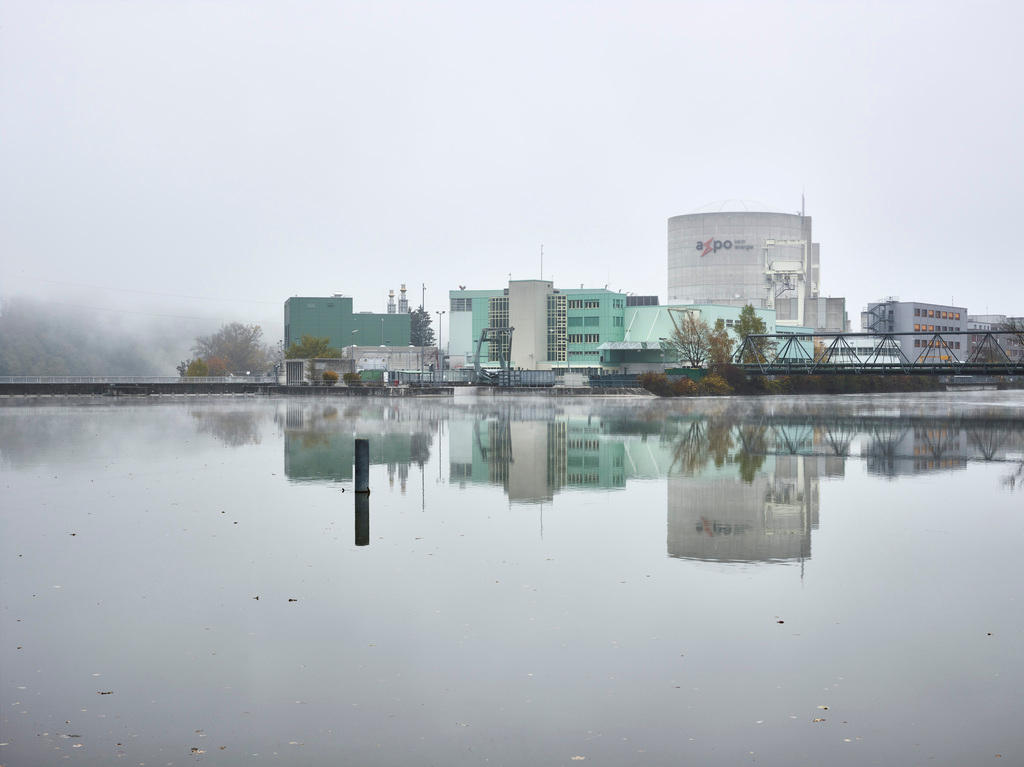
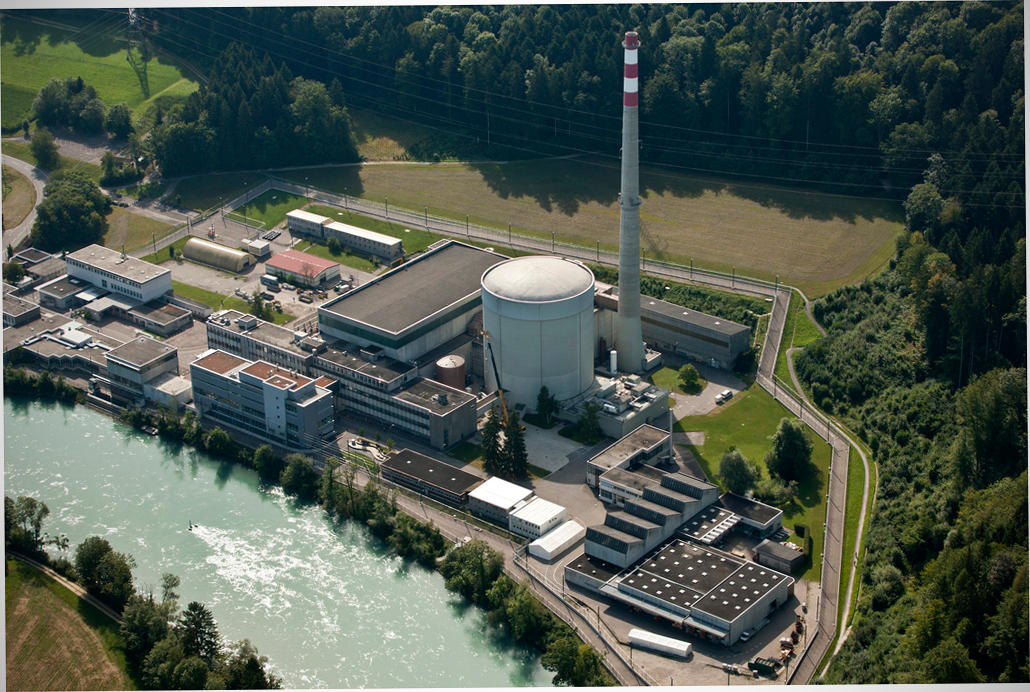

You can find an overview of ongoing debates with our journalists here . Please join us!
If you want to start a conversation about a topic raised in this article or want to report factual errors, email us at english@swissinfo.ch.